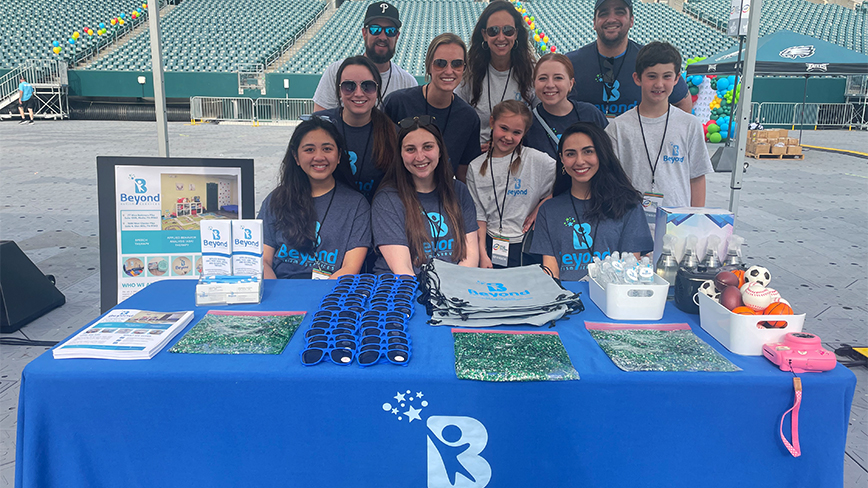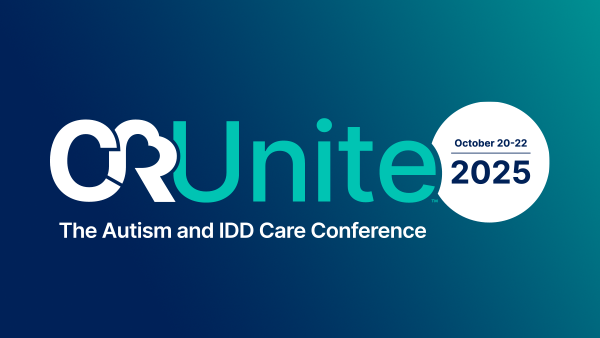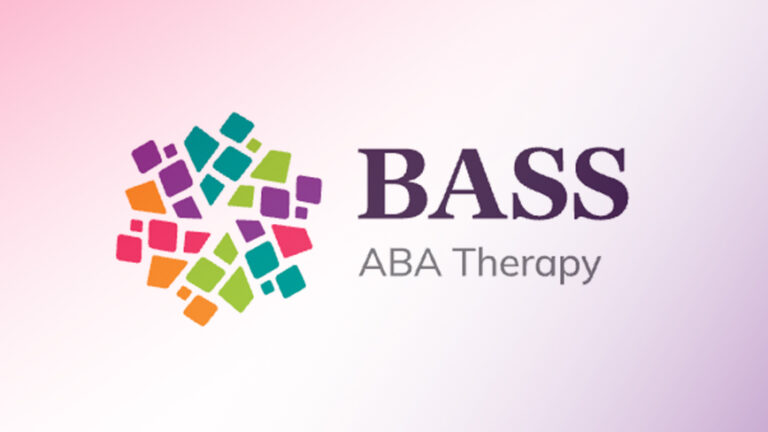Back-to-School Assessments have always been paramount in the special education landscape, supporting educators and paraprofessionals in guiding each student’s learning journey. As we venture deeper into the digital age, assessments have undergone a transformative shift from paper-based methods to the realm of a technology-driven focus.
Throughout many times of uncertainty and chaos over the last few years, educators have overcome countless changes, surmounting every obstacle. With an unyielding dedication to their students, educators have demonstrated continuous adaptability, remaining effective through shifting expectations.
As we embark on a new back-to-school season, let’s take a moment to appreciate our educator’s efforts, creativity, and perseverance. Let us also celebrate another opportunity for a fresh start– a chance for educators to put their best foot forward in shaping the lives of their students.
Improved Student Outcomes Begin with the Initial Assessment
At the start of each school year, conducting a thorough screening for new students enhances their long-term success. This initial assessment serves as the foundation for understanding a student's strengths, challenges, and unique learning needs. By gathering comprehensive data about the student's abilities, preferences, and learning styles, educators can effectively tailor their instruction and support to meet individual requirements.
One noteworthy benefit to conducting an initial assessment at the start of the year is that it allows educators to establish well-documented baselines. These baselines become crucial reference points throughout the year and long term to truly measure a student’s growth and define areas of improvement. This data-driven approach empowers educators to make informed decisions about instructional strategies, curriculum adjustments, and the development of Individualized Education Program (IEP) goals tailored to each student's needs.
Educators should employ multiple types of assessments to gain a more comprehensive picture of a student's abilities and challenges. These assessments may include standardized tests, informal observations, behavioral assessments, and criterion-referenced assessments such as the ABLLS-R and AFLS.
Back-to-School Assessments for Returning Students
The importance of beginning-of-year assessments is vital not only for new students but for returning students as well. While returning students will have had a thorough baseline assessment, reassessments are necessary at the start of a new school year. These assessments are beneficial for identifying summer learning loss, a well-documented phenomenon regarding the loss of learning that is common during the summer months. An updated evaluation to start the new year helps educators understand where their students currently stand in each skill area, allowing them to hone their teaching strategies on areas of individualized need. A documented trail of assessment reports and goal data helps educators understand a child’s learning history and plan ahead for the new year.
Back-to-School Assessments for Transitioning Students
For students transitioning from elementary school into middle school or middle school into high school, having a clear picture of how the student has progressed over the years is essential for their new team of educators. A documented history of a student’s progress in lower grade levels can provide valuable insights for the team taking over their educational journey. Understanding the student’s learning trajectory can help their new educators tailor instruction, support services, and goals effectively, building upon their past achievements. These historical reports can also assist the student and those who support them during extended IEP’s and as they are transitioning into the workforce.
Assessment Resources for Special Educators
Guide
Guide to Autism Screenings, Autism Testing, and Assessments
Autism screenings, testing, and assessments each have their own uses and benefits. Gather a thorough understanding of the methods and tools used to evaluate, diagnose, and assess individuals with autism. Obtain valuable insights into this process and the importance of each step for enhancing the best possible outcomes.
Blog
Using Digital Assessments for Individualized Goal Selection
Learn about the many benefits of using digital criterion-referenced assessments. Develop individualized goals that are socially significant for your students to better meet their unique needs.
Flyer
ABLLS-R|AFLS CR Assessments Flyer
Gain an understanding of the WebABLLS and AFLSonline, two CR assessment products. Learn about the skills you can assess in each assessment, from basic communication to vocational and independent living skills.
Video
CR Assessments: ABLLS-R|AFLS in 60 seconds
Watch a brief overview of the ABLLS-R and AFLS assessments. Learn more about how the CR Assessments platform can help you and your team seamlessly assess and track your student’s progress over time.
Product Page
ABLLS-R | AFLS, a CR Assessments product
Assess what matters with ABLLS-R and AFLS in a single digital platform. Consider how CR Assessments can drive student success and streamline your special education team’s workflows.
Achieve Back-to-School Success for Your Students and Educators
For more tips on achieving back-to-school success, check out our Special Educators’ Back-to-School Guide: A Three-Step Plan for a Successful New Year.





